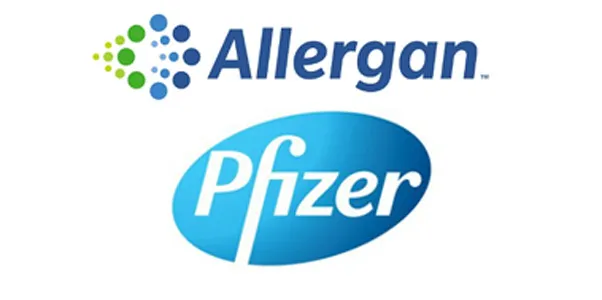The ranks of the founding families, the leaders who collectively framed and built the chain drug store business in America, are thinning at an alarming rate. Sad as this development is, sadder still is the reality that very few among the current crop of chain drug industry leaders remember who they were or what they did that was so remarkable.
Jack Robinson passed away in early September. For the record, he founded and built the Perry Drug chain, transforming it from a single store in the Detroit area into Michigan’s leading drug store retailer, finally selling it 20 years ago, though he remained an industry figure until his death.
Less well known is the fact that Robinson competed against larger, wealthier retailers by molding Perry Drug to its shifting times, invariably finding products and services with which to draw customers at a time when his competition was becoming increasingly more traditional.
Less well known still is the fact that Robinson spent a lifetime championing chain drug retailing in America. He was as dedicated to the industry as any senior executive in the industry, serving as a board member of the National Association of Chain Drug Stores as long and decisively as any industry executive, and emerging as NACDS chairman during a crucial period in the industry’s history.
He was among a handful of industry leaders who smoothed Ron Ziegler’s path to the role of NACDS president, at a time when some doubted that Ziegler, associated as he was with former President Richard Nixon, could function as the industry’s spokesman and leader.
Most amazingly, Robinson did most of his work behind the scenes. He was never one to tout his own abilities or influence. Rather, he merely did the job expected of him. Even after selling his drug chain he routinely attended NACDS events, not to exert any noticeable impact on events or ideas, but only because NACDS was his home. Indeed, during a period in which chain drug retailing was second in importance to its leadership, Jack Robinson personified that leadership, as his drug stores personified the industry.
As remarkable as his brand of leadership was his ability to bring in talent from outside the industry or, equally impressive, to develop people from within his staff to the point where they could lead on their own. Most industry people recall his role in developing Andy Giancamilli to the point where he left Perry and went on to enjoy a retailing career that brought him to leadership roles at Kmart and several Canadian retailers. But there were others, people he brought to Perry from outside chain drug retailing who came to leave their mark on an industry where outsiders were usually treated as, well, outsiders.
Robinson’s death follows closely the passing of Jack Futterman. Like Robinson, Futterman was an outsider who helped transform the industry’s thinking and traditional ways of doing business. Like Robinson, Futterman was unafraid of new ideas. Like Robinson, Futterman understood that the chain drug way of doing business was not necessarily the only way — or even the best way. Indeed, Robinson and Futterman shared the vision that a retailing world existed outside the chain drug store — and it was a world of ideas, of opportunity, of possibilities. As a result, both men left the chain drug industry more vital and full of force than they found it. And the people operating within that industry today continue to benefit from the lessons practiced and taught by these two innovative executives.
All of which brings us to today. Many industry people bemoan the fact that innovative ideas have become a rarity in chain drug retailing as it is practiced today. The industry, they say, has become a factory where new ideas mirror the old, where new executives duplicate the practices of their predecessors. Perhaps this is true, to some extent. But as long as people like Jack Robinson remain in the thoughts of the current group of industry leaders, even marginally, new ideas will never die. In that regard, Jack Robinson continues to lead, even from a distant place.









